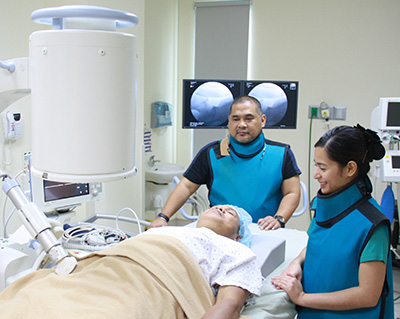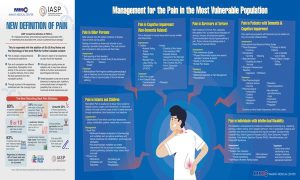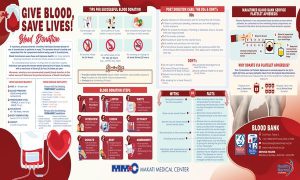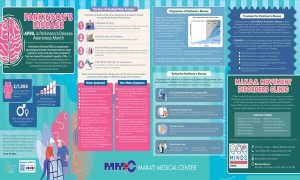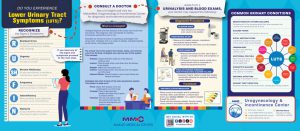Kidney stones, or nephrolithiasis, is a common ailment caused by mineral deposits that form inside the kidneys. Most kidney stones will pass through the urinary tract with the patient needing only pain medication and lots of water, surviving the ordeal with no permanent damage. The less lucky ones may need to undergo surgery.
Makati Medical Center, the Philippines’ premier health institution, offers a quicker option that does not involve the surgeon’s scalpel: ESWL, or Extracorporeal Shock Wave Lithotripsy.
Extra-what?
Extracorporeal means “outside the body”.
Lithotripsy is a combination of two Greek words, litho or “stone” and tripsy which means “break”. Extracorporeal shock wave lithotripsy (ESWL) uses shock waves to break a kidney stone into smaller pieces, allowing them to pass through the urinary tract and out of the body.
As a nonsurgical outpatient procedure, ESWL promises shorter recovery time for patients without the need to spend the night at the hospital. ESWL is safe enough to be used on children and on patients with only one working kidney.
Patients with stones that are between 4 mm (0.16 in.) and 2 cm (0.8 in.) in diameter are the most likely candidates for ESWL, according to Francisco T. Agustin, Jr., MD, Head of the Section of Urology under MakatiMed’s Department of Surgery.
“There are of course considerations other than the size of the stones,” he added. “We also need to know where the stones are located, and the health of the patient and his or her kidneys. For instance, we cannot recommend ESWL for pregnant patients as the shock waves may harm the fetus. It is also not recommended for those with bleeding disorders.”
However, for those who are deemed good candidates for ESWL, this outpatient procedure is a godsend.
What to expect
A patient undergoing ESWL may be given sedatives or local anesthesia. The surgeon uses X-Ray or ultrasound to precisely see where the stones are located and where to aim the sound waves. The sound waves pass through the body, breaking up the stones without damaging the organs.
“It takes about an hour and you go home right after the procedure,” Dr. Agustin said.
For more information, please contact MakatiMed On-Call at +632.8888 999, email [email protected].

